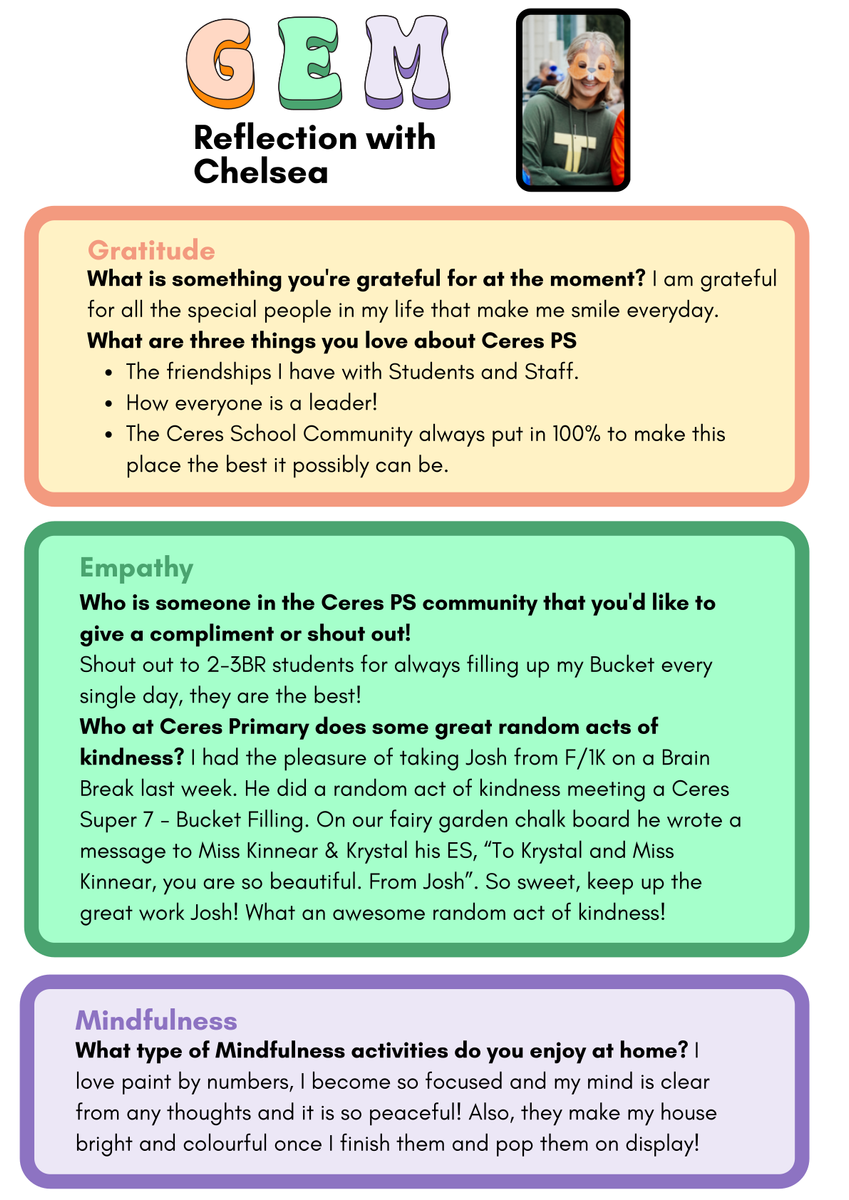Wellbeing and Inclusion
News and information from our Wellbeing team, Jamie Roberts & Josh Beaton.
Artwork by Alkina Edwards' Creations.

Wellbeing and Inclusion
News and information from our Wellbeing team, Jamie Roberts & Josh Beaton.
Artwork by Alkina Edwards' Creations.
The BRAVE program is an online self-help program that contains both resources and information for children, teenagers and their parents. It is designed specifically to help young people with anxiety overcome their worries and improve the quality of their lives.
BRAVE is a cognitive behaviour therapy tool based on established clinical practice guidelines for the treatment of child and adolescent anxiety, as described by the Royal Australian and New Zealand College of Psychiatrists.
No matter how old or young you are, everyone experiences anxiety at times. We here at the BRAVE program know that worrying about things all the time is tough. The BRAVE program was developed to help young people and their parents develop skills and coping strategies so that your worries and anxiety don’t stop young people from doing the things you want or need to do.
The BRAVE Team also know how hard it can be to make the time to fit everything in! The BRAVE program is an online program that you can work through at your own speed in the privacy of your own home.
https://brave4you.psy.uq.edu.au/


In short, co-regulation is the ability to be able to use your own body and emotions as the parent to assist with your child’s regulation of emotions.
Effective regulation begins with yourself. As a parent you can’t assist your child in co-regulation unless you’ve centered yourself. This may look like taking 2 minutes to take a deep breath if the situation allows. Many parents may become overwhelmed during co-regulation when their child is in a heightened state and that is okay.
Co-regulation can be implemented with children who may need support with any transitional period e.g. from play, to school or morning/bedtime routines. Some children also require co-regulation support with problem solving and conflict resolution (siblings, school friends or others in public areas).
When assisting your child to regulate here are some helpful tips:
Co-regulation is difficult and takes time, however once implemented it can assist the child to be able to self-regulate themselves, as well as creating a greater connection as a family.
Next week we will be talking about brain breaks and how they can be implemented in the home!
Skye and Lily
Anxiety as an Emotion:
Hope:
Kids Show Tour:
The impact of nutrition on student wellbeing:
August 27th 7:30am online
Book in via the flyer or this link:
https://www.trybooking.com/CSMLM
Digital Tattoo Pop-up PD:
September 4th 3:45pm online
Book via the flyer or this link:
https://www.trybooking.com/CUIHF
Digital Tattoo Family sessions:
Due to a huge demand in support for families in exploring young people's online worlds.
Two sessions on offer:
September 10th 7pm to 8:15pm
2) Families/Parents/Carers of young people Year 3 to Year 6
September 17th 7pm to 8:15pm
https://www.trybooking.com/CUILH